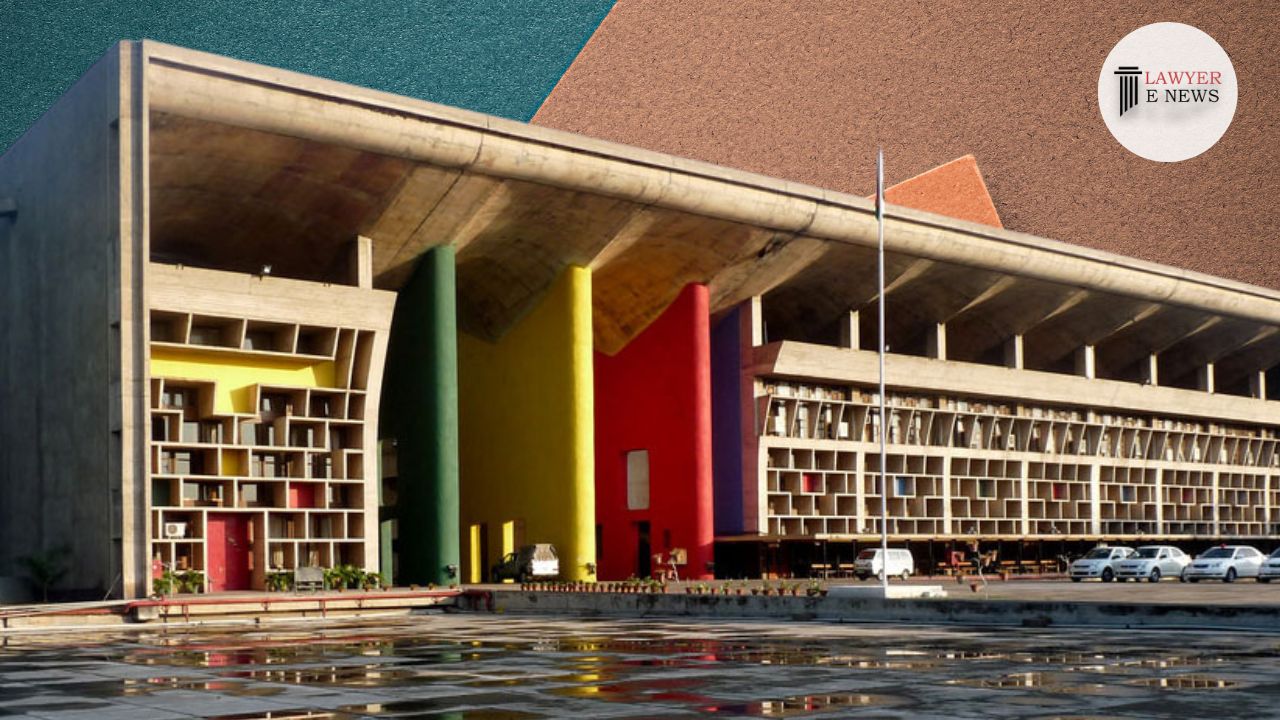-
by Admin
15 February 2026 5:35 AM



In a significant ruling by the Punjab and Haryana High Court on April 22, 2024, Justice Anoop Chitkara has granted bail to the petitioner, Jagseer Singh, involved in a narcotics case under less than commercial quantity stipulations. The court emphasized that the rigours of Section 37 of the Narcotic Drugs and Psychotropic Substances (NDPS) Act, 1985, which prescribes stringent conditions for bail, are not applicable when the narcotics seized are below the commercial quantity.
The case revolved around an FIR registered in Fazilka, Punjab, against several individuals including the petitioner, accused of operating a drug racket from inside a jail. Charges were levied under various sections of the NDPS Act, Prevention of Corruption Act, and the Prison Act. The pivotal legal issue was whether the seized quantity of narcotics, being less than commercial, could exempt the petitioner from the harsh conditions of Section 37 of the NDPS Act which are otherwise mandatory for commercial quantities.
Legal Context: The court noted that the quantity involved was an intermediate quantity, which does not attract the rigours of Section 37 of the NDPS Act. This section is only invoked for commercial quantities, necessitating a stricter scrutiny for bail.
Precedents and Legal Interpretations: Justice Chitkara referred to multiple Supreme Court rulings that have shaped the legal landscape regarding bail. These include landmark judgments which assert the discretion of courts in matters of bail based on the facts and circumstances of each case and the nature of the offence.
Consideration of Petitioner's Rights: The court considered the petitioner's rights, emphasizing that the absence of prior criminal records and the non-commercial quantity of the narcotics favor a bail grant to avoid "irreversible injustice".
Imposition of Conditions: Stringent conditions were imposed on the grant of bail to ensure that the petitioner does not tamper with evidence or influence witnesses. These include the limitation of the petitioner to one mobile number, compliance with all court appearances, and strict monitoring mechanisms.
Decision: The court granted bail to Jagseer Singh, subject to several stringent conditions aimed at ensuring his compliance with the law and preventing any interference with the ongoing investigation and judicial processes.
Date of Decision: 22.04.2024
Jagseer Singh v. State of Punjab
